6. Mulholland Drive (2001)
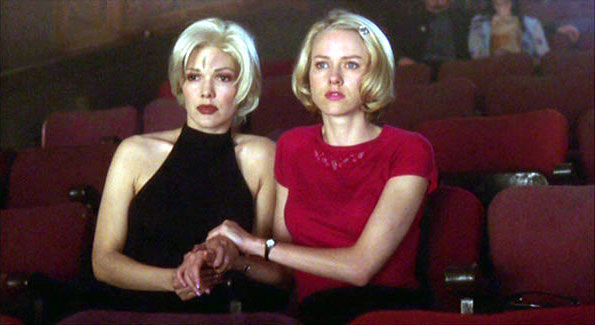
To talk about David Lynch’s masterpiece is to forego of any hope of labelling under any conventional genre. Not even the best synopsis can pay justice to the unique experience of watching it for yourself and going too much into details is a sure way of spoiling the fun and mysticism of the first watch. Broadly put, Mulholland Drive follows a delusional young actress detached from reality who is led astray by the promises of perpetual opportunity in Hollywood. Most of the disruptive narrative works by the laws of the subconscious, where the main character’s fears, desires and guilts are symbolized through her personal, dreamlike copping mechanism.
The film relies on Lynch’s surrealist style to paint a cryptic story with the same uncanny feel and disjointed structure of dreams. Identities are switched and reality is warped to fit into the main character’s fantasized version of her life, while her real conscience slowly starts to leak in. Every little seed deliberately planted in the first half falls into place at the end, retrospectively leaving no lose threads in the story. At its core, Mulholland Drive is a heartbreaking story about failed dreams, rejection and complete hopelessness.
7. Goodfellas (1990)
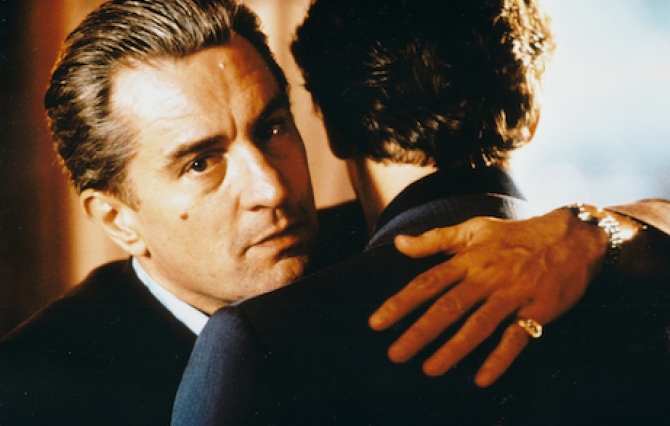
Another constant throughout the Safdie’s body of work is the setting; the wild jungle of New York always serves as the backdrop to their thrillers. And part of why they feel so authentic is due to how the Safdies realistically approach the frenzy, dark side of the city to the point that it becomes an essential character of the story. But no director has immortalized the atmosphere and many faces of New York better than Martin Scorsese.
Goodfellas feels like the culmination of all of his strengths. It’s the ultimate American saga, a sweeping mob epic set in Brooklyn and Queens that redefined the genre forever. Josh Safdie calls it his favorite Scorsese and puts the film up with De Sica’s Bicycle Thieves as the greatest film ever made. In the same vein as Cassavetes’ films, Josh mentions his ability to “at once sensationalize and also criticize the actions of the characters”, admitting he went from fearing to loving them. It’s too easy to disregard Goodfellas’ energetic narrative and glamour with criminal endorsement, when in reality it proved to be the most truthful and uncompromising depiction of the world of crime.
8. California Split (1974)
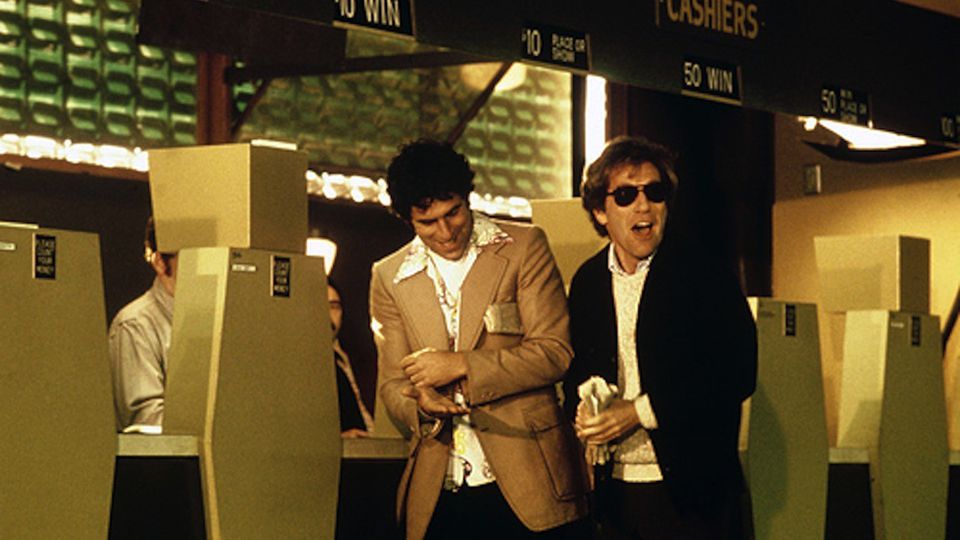
If after watching Uncut Gems you are still craving for more films about compulsive gamblers desperately looking to pay off debts, look no further than this Robert Altman’s drama. During an interview promoting their last film, the Safdies noted the parallels between Adam Sandler in Uncut Gems and George Segal in California Split, referring to them as “two winners who don’t win”. That seems like an accurate description of Segal’s character, who is a consumed gambler pushing for extra time to repay a bookie. Segal befriends another impulsive player portrayed by Elliot Gould, with both forever waiting for the big payday that will erase all their problems.
The movie follows the duo as they experience the ups and downs of their adrenaline-fueled life, from the extasy of success to the misery of defeat. Ultimately, the big takeaway from California Split it’s the inherent emptiness that comes with such a hedonistic life. It’s undeniable that Uncut Gems was modelled to a certain degree after this quintessential Altman film. Some stylistic choices like the overlapping dialogue and the use of non-actors are taken straight from it.
9. A Man Escaped (1956)
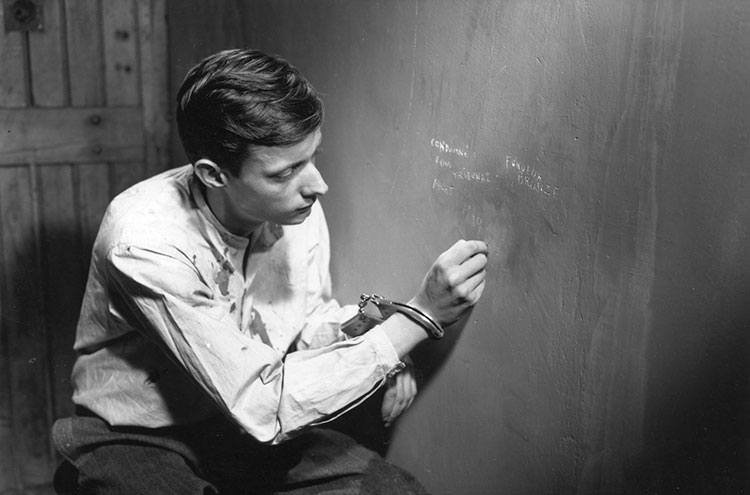
This Robert Bresson film puts us in the shoes of a French Resistance fighter who is captured by the Nazis during German occupation. Far from being defeated, the prisoner is determined to break out of prison, with nothing but his wits to do so. Loyal to Bresson’s signature style, the film is told methodically with razor-sharp precision, wasting zero screen time in trivial scenes and showing stone-cold emotional restraint.
The Safdie Brothers have proclaimed their unconditional love to this classic, picking it as one of their top ten favorite films in the Criterion Collection. Bennie Safdie went as far as to say it’s one of the top five movies ever made, raving about how suspenseful the movie is despite giving away its ending in the title. And what sets this thriller apart is not its climax but the build-up to it. It’s almost impossible not to be moved as the lead prisoner claws his way into freedom, using every last bit of creativity he has. Above all, A Man Escaped is an inspiring story about resilience, faith and survival in the most hopeless of situations.
10. The Player (1992)
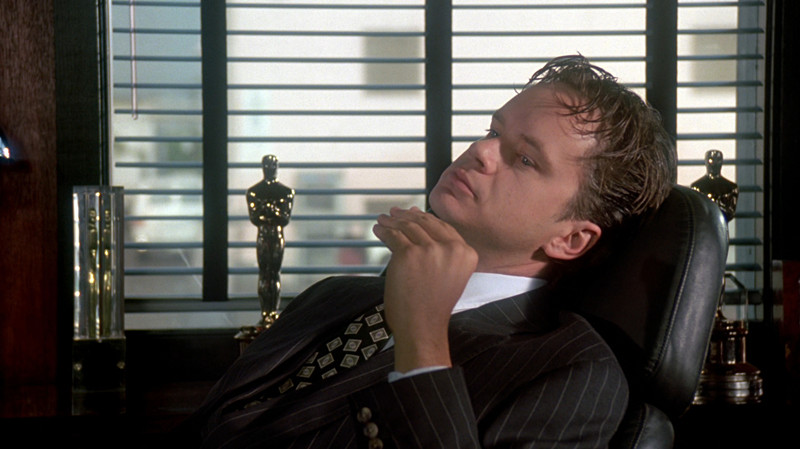
After decades of suffering a de facto blacklisting by Hollywood’s power-ups, Robert Altman came back in style with this sharp satire of the film industry. The Player follows an insufferable studio producer who is in charge of approving scripts and green-lighting new projects. The film takes a dark turn when the producer is haunted by incoming death threats from an anonymous screenwriter whose script was rejected. This launches a labyrinthine mystery that serves to take a good jab at the hypocrisies of the industry and examine the truths about film.
The genius of The Player starts at its clever self-awareness and cynical meta commentary. From the absurd rate of cameos and running gags to subtle references coming at full speed, the movie feels like a two-hour diss from a director that won’t put up with it anymore. Everything from the oblivious protagonist up to the subverted happy ending is deliberately designed to challenge our preconceptions of the genre and poke fun at Hollywood’s formulaic nature that ostracizes talent and creativity in favor of risk-averse products.